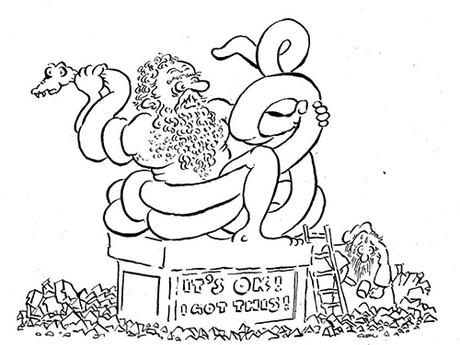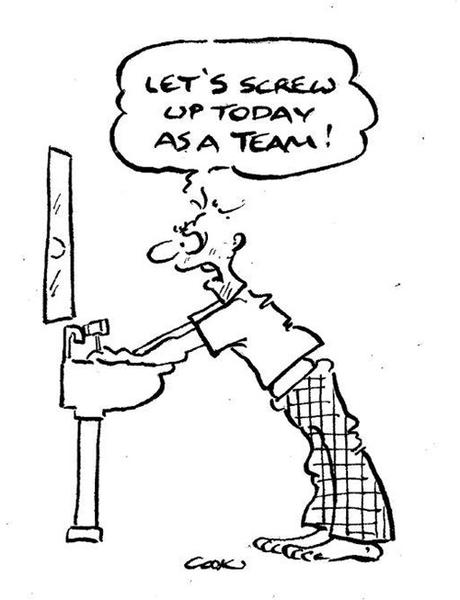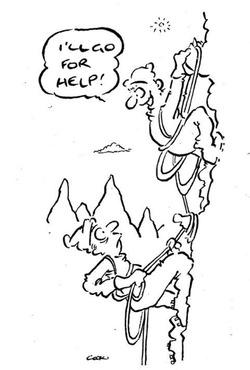

 Why one works better than the other
Why one works better than the other
It’s fashionable among motivational speakers and self-help books to push people to ‘own’ things. There’s nothing wrong with the idea. The problem is: exactly what is it they are supposed to ‘own’?
Take this conversation with an executive in a property services company. A customer had overstepped the line, setting up in premises ahead of time and prior to completion of certain tasks the company always required before occupation. Her responsibility was to oversee the transition.

Does she?
The problem with ‘I’
This situation is not an ‘I’ problem; it’s a ‘we’ problem. There are reasons why that is so.
One is commercial logic: the company has policies and procedures that support their business model. These are incorporated into their contracts. The client has signed one. In this case, it’s ‘we’ the company have a problem, not ‘I’. It’s not a personal issue.

Three, getting stuck in ‘I’ has implications for management style and performance. It isolates you in your own head. When something doesn’t work well, you’ll take on more stress than you need to. You may even think you are the problem. ‘We’ on the other hand, diffuses stress, opens you to collaboration, helps you manage a team and enables you to ask for help.
Lastly — probably most importantly — ‘I’ is not a useful personal style. It often means if something works well, your ego will bask in the glory whether it’s justified or not. I’ve written before about the negative outcomes that can produce.
‘We’ improves performance
Stick with ‘I’ only if you want to risk some cardiac issues further down the track.

That shouldn’t be surprising. Business is about relationships and how they are managed. If you have an issue with your spouse, is it best to begin with “I think you should….” or is it better to start with “We need to find a solution to this….”?
That does not mean there is no place for assertiveness, but the definition of assertiveness is not dictatorship. It’s finding a way to mobilise others to produce a result, and a key to that is motivating a team — that is, ‘us’.
Try using ‘we’ instead of ‘I’. Not only might teamwork improve, your performance levels could also get dialled up. Your stress levels might even get dialled down.

